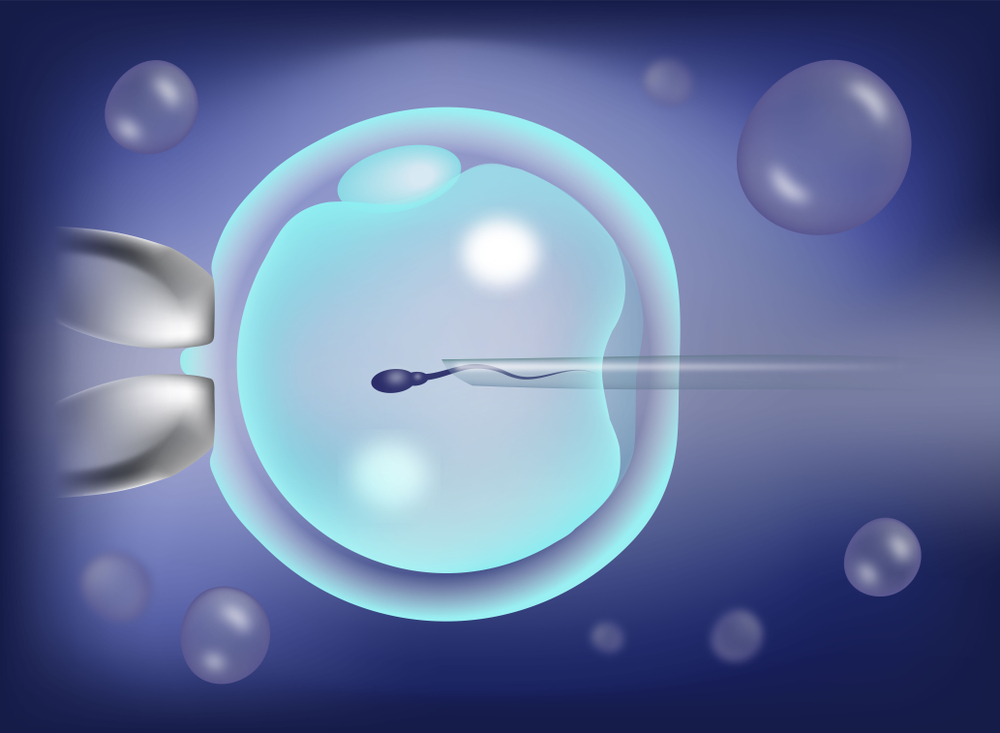
For a Fertile Future
Dr Arockia Virgin Fernando throws some light on what millennial’s need to know about the future of infertility issues
Lifestyle-related issues in women lead to problems of obesity, irregular periods and later issues with ovulation or no ovulation. PCOS also leads to issues like acne and excessive bleeding. In men, a sedentary lifestyle leads to obesity, a decrease in sexual drive, alters sexual hormone balance, and further impacts the quality and motility of sperms. DNA fragmentation of sperm is higher if a male is obese. Diabetes and hypertension add to the woes, causing erection and ejaculatory problems in men who had a normal sexual life before. Premature ejaculation is a common problem nowadays due to our lifestyles.
The younger generation needs to know about the various environmental and acquired factors causing& a decline in fertility in the present reproductive age groups of 25 and 34 years.
Stress increases cortisol hormones thereby altering the reproductive hormone balance& leading to fertility-related issues. Stress also increases the prolactin hormone production by& the pituitary gland which delays or prevents ovulation leading to irregular periods or scanty& periods leading to infertility.Emergency contraception has high doses& of hormones; it alters the menstrual cycle, ovulation and causes nuisance inter-menstrual spotting.
Sexually transmitted diseases like herpes and pelvic inflammatory diseases cause fallopian& tubal damage and infertility in women. Herpes also causes miscarriages, premature& deliveries and poor pregnancy outcome. Whereas in men, sexually transmitted diseases due& to previous exposure can be asymptomatic in men, but they can infect their wives, causing& infertility in them. The use of condoms plays a huge& role in preventing future problems.
Lack of knowledge about fertility window and contraception leads to unwanted & ; pregnancies, repeated induced abortions which can lead to irreversible infertility.
Poor dietary choices like frozen, instant and packaged food items with preservatives, refined& sugar and simple carbs aggravate hormone imbalance in polycystic ovarian& syndrome. A lack of probiotics in these foodstuffs alters the pH balance in the vaginal bacterial flora& which is very essential in preventing vaginal, cervical and uterine infections that leads to& infertility later on. In men, a poor diet, sugar-rich foods, excessive alcohol, and smoking can increase the&free oxygen radicals and increase mitochondrial damage in cells. So there is decreased& sexual drive and also reduced sex hormone production leading to reduced sperm& production.








Dylan Johnston
Ut wisi enim ad minim veniam, quis laore nostrud exerci tation ulm hedi corper turet suscipit lobortis nisl ut aliquip erat volutpat ignissim qui blandit praesent luptatum zzril delenit augue duis.
Patricia Rodriguez
Ut wisi enim ad minim veniam, quis laore nostrud exerci tation ulm hedi corper turet suscipit lobortis nisl ut aliquip erat volutpat ignissim qui blandit praesent luptatum zzril delenit augue duis.
Cynthia Fowler
Ut wisi enim ad minim veniam, quis laore nostrud exerci tation ulm hedi corper turet ipsum dolor sit amet, consectetuer adipiscing elit, sed diam nonummy nibh euismod tincidunt ut laoreet dolore magna aliquam erat volutpat.